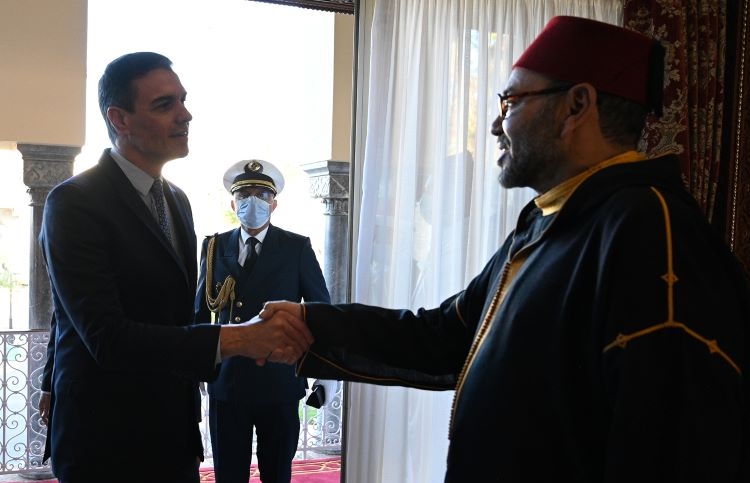The Diplomat
Spanish vice-president Teresa Ribera yesterday criticised France for reopening the agreement on renewables to win concessions, in a move similar to Germany’s move shortly before to give hope for combustion engines and synthetic fuels from 2035, reports Efe.
“The Renewable Energy Directive was closed and there was an agreement three months ago, and it seems to me that we should incorporate respect for the agreements reached as good practice and not reopen these issues again,” said the Spanish Minister for Ecological Transition on her arrival at a meeting of EU energy ministers in Luxembourg.
Ribera referred to France’s move to renegotiate the political pact reached between the Member States and the European Parliament in March on the target for renewable energy consumption in 2030, which has been raised from a target of 32% to 42.5%, based on a current consumption of around 20% in the EU as a whole.
This text, like almost every energy dossier in recent years, also hid a debate on the role of controversial nuclear energy in decarbonisation, with France as the leader of a bloc of countries defending atomic energy against the group of Germany and Spain.
The deal was eventually re-negotiated last Friday at a meeting of ambassadors to the EU, although it will still have to be ratified by the European Parliament, including last-minute changes.
France managed to get the final agreement to include a statement from the European Commission recognising the importance of nuclear energy in decarbonisation.
The text calls for renewable targets for transport, heating and industry and France obtained flexibility for the French ammonia sector in the transition to green hydrogen (produced from renewable electricity) in favour of pink (from nuclear electricity).
“I think it is important to be able to conclude this agreement as soon as possible. As I say, it is not the way we think we should continue to work. We saw it with CO2 in cars and now we see it with other directives, with the Renewables directive. The truth is that we would like to be much more scrupulous about the way in which agreements are reached”, said Ribera.
The Spanish minister was alluding to the German move on the piece of legislation to ban the sale of new cars that emit CO2 from 2035 onwards, which, after the political agreement between the member states and the Parliament was reached, Berlin demanded – and obtained – certain additional guarantees so that cars with combustion engines can be sold if they use CO2-neutral synthetic fuels.
French Minister for Ecological Transition Agnès Pannier-Runacher, for her part, justified the negotiating manoeuvre when she arrived at the Luxembourg ministerial meeting by saying that “ammonia is key if we want to maintain some resilience on food in the context of the war in Ukraine”.







